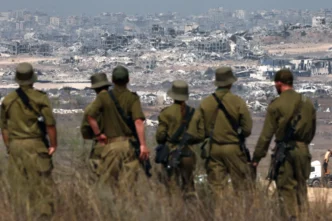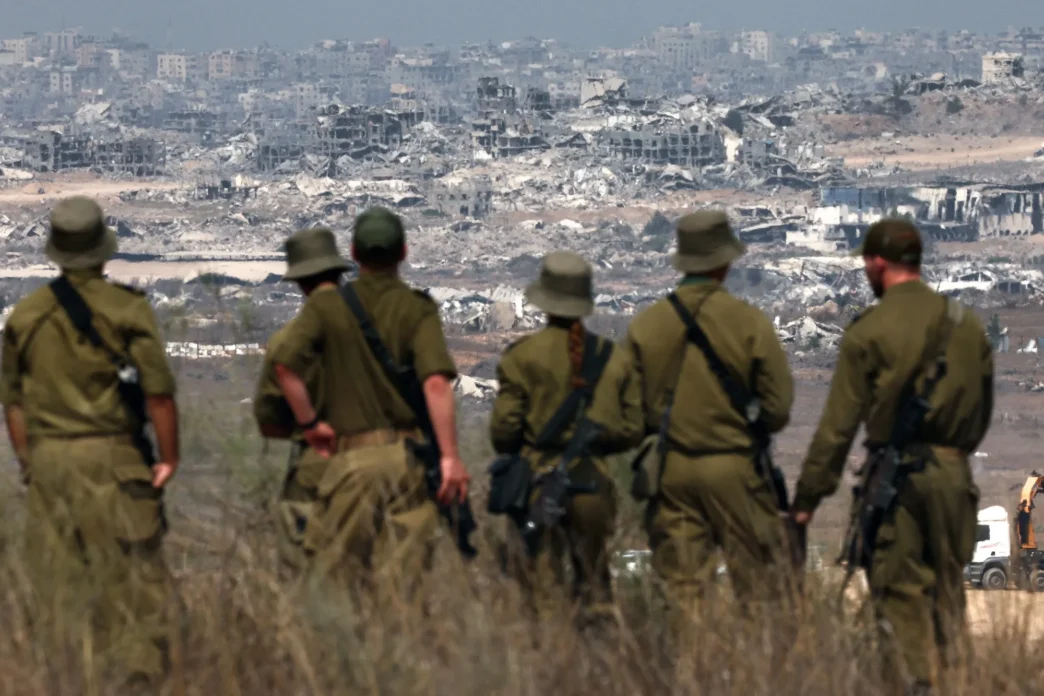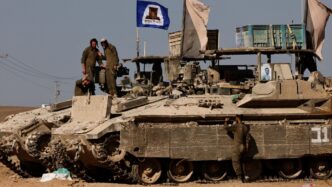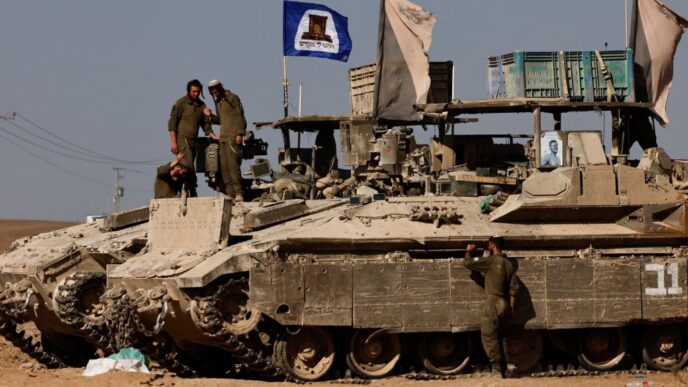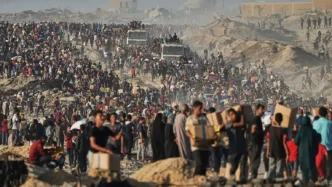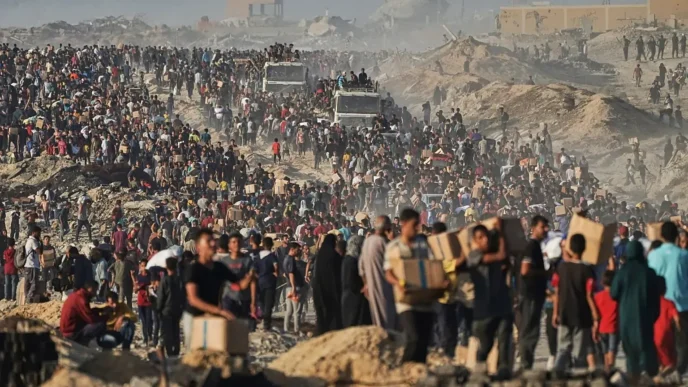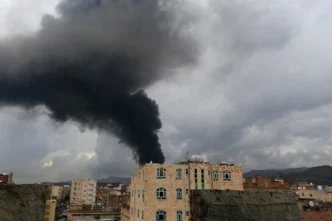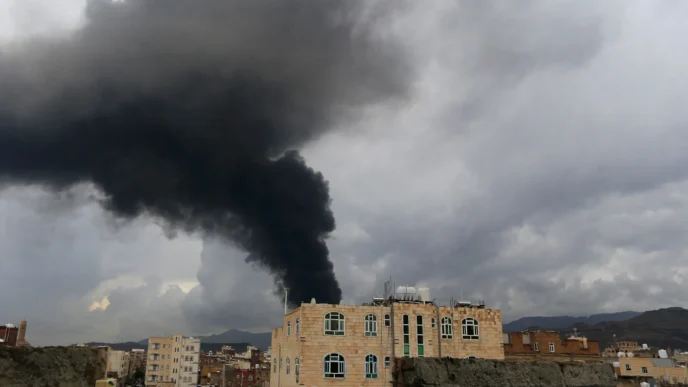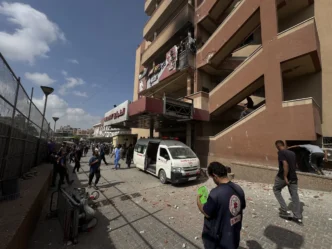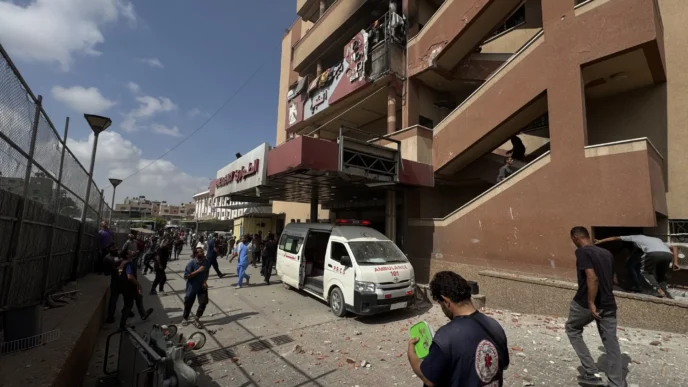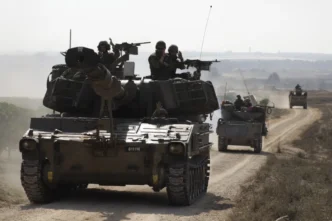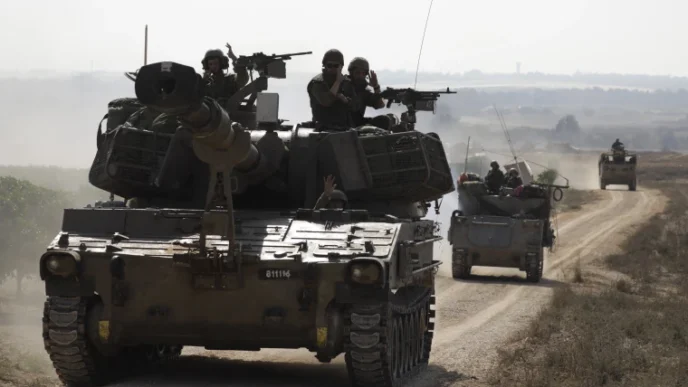Israel’s government has announced plans to call up 60,000 military reservists as part of preparations for a new phase of operations in Gaza. The decision, unveiled late Monday, signals a dramatic escalation of Israel’s military campaign but has also triggered criticism from both international allies and segments of Israeli society weary of protracted conflict.
The Call-Up: A Massive Expansion of Forces
The mobilization of 60,000 reservists represents one of Israel’s largest military call-ups in years. Defense officials said the additional manpower would be used to reinforce ground operations, bolster air and artillery units, and ensure readiness for what they describe as a “sustained and decisive campaign” against Hamas in Gaza.
- Operational Objectives: Officials say the expanded force will intensify strikes on Hamas infrastructure, secure contested areas, and prepare for potential urban warfare in densely populated Gaza neighborhoods.
- Timeline: Mobilization is expected to occur in stages, with the first wave of reservists joining front-line units within days.
- Government Justification: Prime Minister Benjamin Netanyahu defended the decision as “necessary to ensure Israel’s security and to dismantle the terrorist infrastructure that threatens our citizens.”
Domestic Reaction: Unity Strains Under Pressure
While many Israelis support tough action against Hamas, the large-scale call-up has deepened domestic debate over the war’s human and economic costs.
- Military Families: Families of reservists have voiced concern about the toll repeated mobilizations are taking, both psychologically and financially.
- Public Protests: Opposition groups have organized demonstrations in Tel Aviv and Haifa, calling for renewed diplomatic efforts instead of further escalation.
- Economic Strain: Business leaders warn that pulling tens of thousands of reservists out of the civilian workforce will hit productivity and weaken Israel’s already slowing economy.
Critics argue that while the government insists on pursuing a decisive military solution, it has not articulated a clear long-term strategy for Gaza once the fighting ends.
International Criticism: Allies Express Unease
Israel’s mobilization has also drawn sharp criticism from some of its closest allies in Europe. Officials in France, Germany, and the United Kingdom have expressed concern that an expanded offensive will worsen Gaza’s humanitarian crisis and undermine prospects for peace.
- Humanitarian Concerns: Aid groups warn that a larger Israeli force could lead to more civilian casualties, further displacing families already caught in the conflict.
- Diplomatic Pressure: European diplomats have urged Israel to pursue a ceasefire framework and increase humanitarian access to Gaza, rather than escalate ground operations.
- U.S. Position: While Washington has reaffirmed Israel’s right to defend itself, senior U.S. officials have privately pressed Netanyahu’s government to show restraint and minimize civilian harm.
Gaza: Humanitarian Crisis Deepens
The mobilization comes as Gaza faces one of its worst humanitarian crises in decades. Months of bombardment have left vast swathes of infrastructure in ruins, while hospitals, water systems, and food supplies are stretched to the brink.
The prospect of a larger Israeli offensive raises fears of worsening conditions:
- Civilian Casualties: Aid agencies warn that intensified ground operations in urban areas could lead to steep rises in civilian deaths.
- Mass Displacement: Hundreds of thousands of Gazans have already been displaced, with few safe havens remaining.
- Aid Bottlenecks: Crossings into Gaza remain tightly controlled, limiting the flow of critical supplies.
Strategic Context: Israel’s Dilemma
Israel’s leadership insists that expanding the offensive is the only way to dismantle Hamas and restore security. Yet military analysts caution that even with 60,000 additional troops, the objectives may be elusive.
- Urban Warfare Risks: Fighting in densely populated areas favors Hamas’s guerrilla tactics, increasing risks for Israeli forces.
- Regional Fallout: Escalation could inflame tensions with Hezbollah in Lebanon and raise the risk of a broader regional conflict.
- Post-War Uncertainty: Israel has not outlined who would govern Gaza if Hamas is dismantled, leaving a power vacuum that could trigger instability.
Conclusion: Escalation Without Clear Endgame
Israel’s decision to mobilize 60,000 reservists underscores the government’s commitment to an intensified Gaza campaign, but it comes at a high cost—socially, economically, and diplomatically.
At home, families of reservists are straining under repeated call-ups, while abroad, allies in Europe and beyond are growing increasingly vocal in their criticism. Meanwhile, in Gaza, the humanitarian crisis deepens with each passing day.
The mobilization may provide Israel with the military capacity to expand its offensive, but whether it brings long-term security—or further entrenchment in a cycle of violence—remains an open and deeply divisive question.


